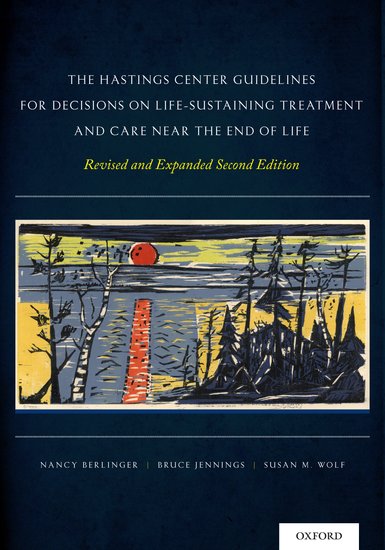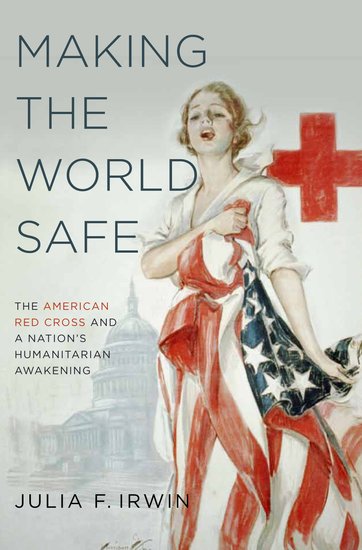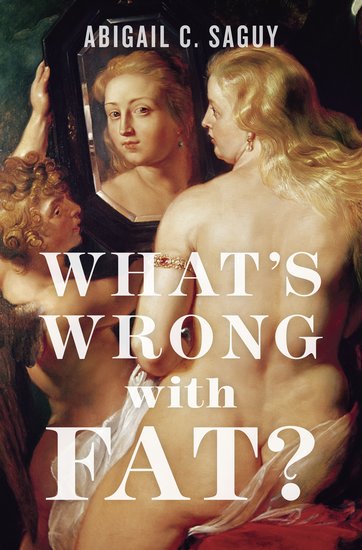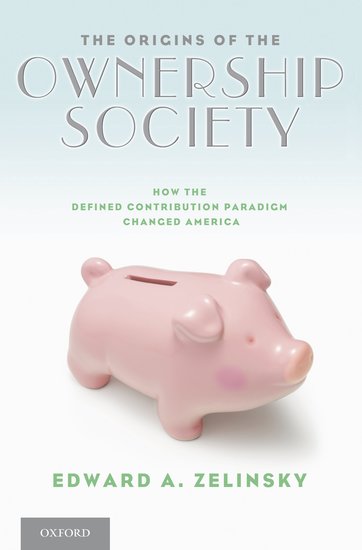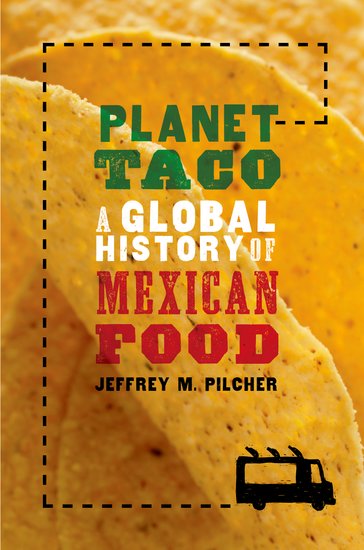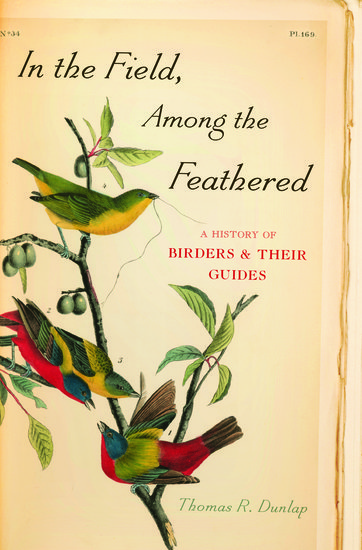Advice from the CDC on travel and H7N9
By Megan Crawley O’Sullivan, MPH
Avian influenza. H7N9. Bird flu. If you are planning a trip to China, these phrases might have you concerned. There are still many uncertainties regarding the new influenza A (H7N9) virus: it isn’t clear where the virus started or how people are getting sick, and a vaccine is not yet available. Amid these unanswered questions, it’s not surprising that many travelers are doubting their plans.








